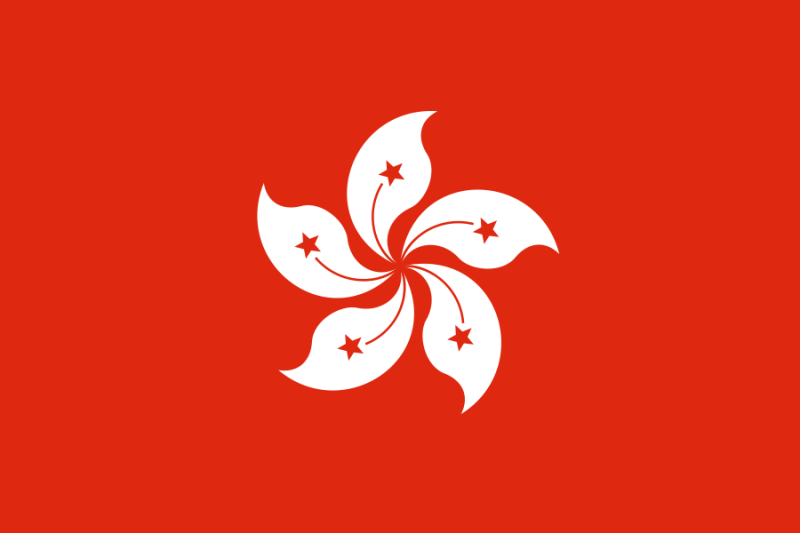As part of its plan to create a new patent right with substantive examination, Hong Kong’s Intellectual Property Department (HKIPD) issued a notice of tender requesting private sector firms to submit bids to act as consultants to the overhaul. The results of the tender have not been announced, but word is that HKIPD has made its choice and may announce it sometime this week or early next.

Though the new examined patent right will exist alongside the re-registration system (patents from China, UK or the EPO may be registered to become a Hong Kong patent), legislators, along with HKIPD and the outside consultant firm, will be in many ways building a patent system almost from scratch.
This is obviously a big challenge, but also an opportunity to create, if not the perfect system, one that tries to address many of the issues that face patent practitioners today. Given that the first deliverable from the tender is for the outside consultants to provide in-depth analysis of other jurisdictions, it is certain that Hong Kong will take the best (and worst) practices from around the world in mind. Having a chance to lay out clear definitive rules on controversial matters in the new statute may be an opportunity that the drafters will be keen to take.
With that in mind, it will be interesting to see how the HKIPD will come down some of these issues.
Subject matter controversies
How will Hong Kong’s patent handle controversial subject matter, such as software patents and business methods? Under the re-registration system, there is already a split in approach; while the EPO and the UK provide some patent protection for software, China provides considerably less and arguably none. And even among jurisdictions that protect software inventions such as India and the US, debates over how to define restrictions have resulted in more confusion than clarity in the form of Bilski, Alice and others.
Gene patenting is another controversial area, though there appears to be more progress in coming up with workable tests. Last year, the US Supreme Court gave helpful if narrow guidance in the Myriad decision, finding that isolated naturally occurring DNA is not patentable. On the other hand an Australian Federal Court upheld the patentability of the Australian equivalent of the same patent.
Claim construction
Hong Kong may also take the opportunity to clarify its rules on various issues of claim construction to reflect global trends. For example, though the UK and EPO no longer allow for Swiss-type claims, they are still allowed in Hong Kong. Meanwhile, China still allows for Swiss claims. In building the new system, the government may make a decision to follow the move away from Swiss claims, or harmonise with mainland Chinese practice.
Standards of obviousness
Though the patent world is increasingly harmonised, subtle but important differences still exist, and the issue of the baseline patentability requirements will be examined closely by HKIPD and the consulting firm. Obviousness is one area where there are still some differences. For example, India’s IP Appellate Board held last year that India’s standard for obviousness is higher than that of the United States, because the Indian Patent Act says that it should be determined by one who is skilled in the art, rather than one who is ordinarily skilled per US law. Though India’s patent system is considered by some to be an outlier, differences such as these will likely still be considered.
Compulsory licensing
The spectre of compulsory licences has been a serious concern for innovative pharmaceutical companies around the world. While the TRIPs Agreement contains flexibilities allowing for compulsory licences, it is unclear what provisions Hong Kong will make for them. While Hong Kong’s policies generally lack the populist bent that India’s compulsory licences have been couched in, it is also a city that saw the SARS outbreak as a severe economic threat. Given this history, it would not be surprising for the city to preserve a national emergency compulsory licence provision, perhaps something like India’s section 92. In fact, even US law provides for non-licensed use, which it threatened to use against Bayer during the anthrax scare.
These are of course some of the important issues and developments around the patent world today. While it is unclear that Hong Kong will get to address all of them (or may choose to tackle others, such as FRAND), it does lead to an interesting exercise: If you could create a new patent system, what would it look like?









